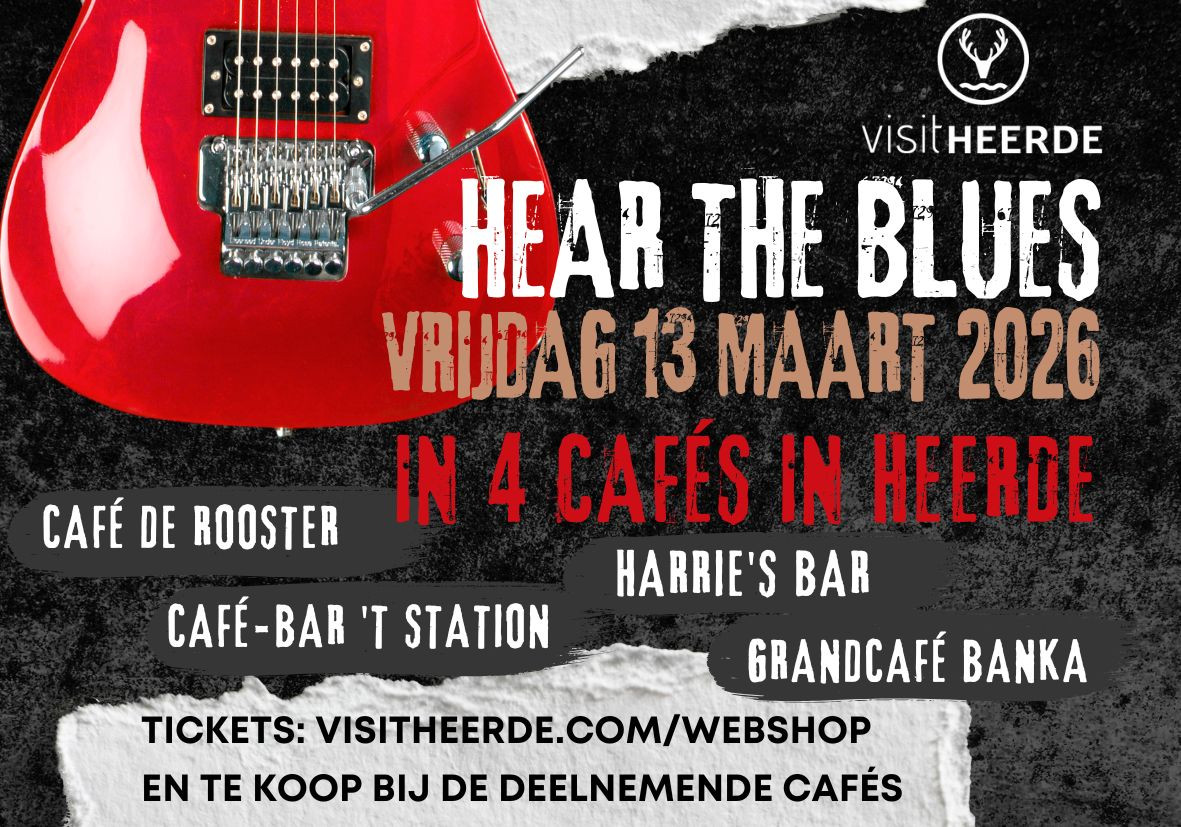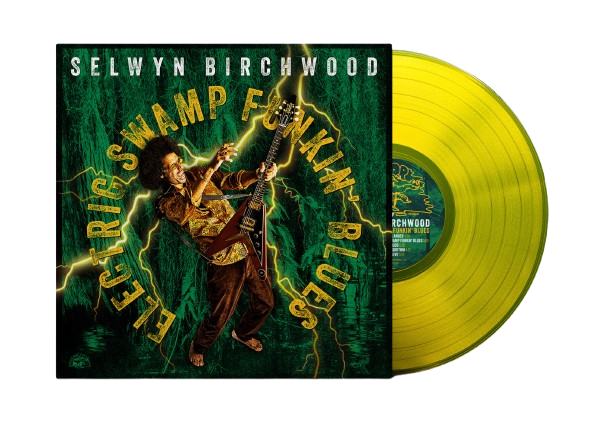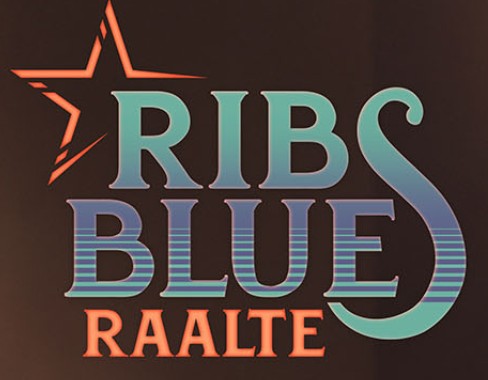Bio:
Let’s start with this: genre is a construct.
To categorize artists might make it easier to organize record stores and playlists but there’s no one term that could define any artist, least of all one like Lizzie No (she/her/they/them).
You could say that Lizze No makes “Americana” music, in that her work pulls from the rhythms and traditions of Blues, Folk, and Country — not unlike the artists to whom she’s most often compared: Allison Russell, Rhiannon Giddens and Adia Victoria — but her collaborations with Brian Dunne, Pom Pom Squad and Domino Kirke display an undeniable Indie influence that allows No to move frequently and seamlessly between overlapping musical circles.
You could say that Lizzie No writes “protest” songs, in that as a Queer, Black woman, her entire existence is a living, breathing, singing protest against a genre and a country that, on their best days, are reluctant to reckon with the very foundations upon which they were built. The erasure of Black artists is central to the myth of country music — what it means, what it stands for, where it comes from — and so simply by standing on stage and singing, whether it be in theaters across the country with the Black Opry, or at Queer Line Dancing nights with the Lavender Country tour, Lizzie No is staging a kind of protest.
After a dizzying five-year span that saw the release of two stunning, eclectic albums (Hard Won and Vanity, which drew praise from the likes of Billboard and Rolling Stone) — followed by appearances at AmericanaFest, the Newport Folk Festival, Hardly Strictly Bluegrass, and SXSW, and tours with Iron & Wine, Son Little, and Adia Victoria — Lizzie No found themselves at the forefront of a new vanguard of genre-defying artists. Their new album, Halfsies (Thirty Tigers / Miss Freedomland), finds No situated among their peers while still searching for freedom — freedom from the constraints of categorization, sure, but more importantly, freedom from the depths of their own personal despair and from an increasingly violent and nightmarish American cultural and political landscape.
“Some albums are stories, some are films. This album is a video game,” No says of Halfsies, which traces the journey of Miss Freedomland (a character that represents No themselves and their audience), from a place of both internal and external exile to liberation. The album, No says, is meant to be immersive — these songs are to be inhabited, not just by the singer but by those who receive them.
“If you’re in these songs with me, what seems at first like a journey of self-analysis becomes a journey to get free, and get your people free, as well.” No returns to the video game analogy. “I think of the character as being chased by what I can only describe as Pac-Man ghosts of white supremacy, moving through the levels of this game.”
On Halfsies, No’s writing is beautifully intricate, the personal and the political folding into each other as naturally as the patchwork of influences that inform the album’s eleven tracks. The album begins with the chaos and disorder of what No calls “the Street Level,” where the title track and “Lagunita” reflect the frantic energy of a character, and a country, gone off the rails. From the desolation and loneliness in the chorus of voices that come whispering through the walls in “Sleeping in the Next Room,” to the roadworn rock of “Annie Oakley,” (the ancestors beckoning from “the Spirit Level”) to the sprawling mid-apocalyptic yearning and, ultimately, deliverance of “Babylon,” No’s writing throughout the record serves as a living conversation with her influences — not just musical but literary — reflecting her reverence for a host of the great voices who came before her, from Lucinda Williams to Toni Morrison, and her search for a connection between them.
“The album begins with a kind of personal and political isolation that seems impossible to break free from,” No says, “but as Miss Freedomland moves through the levels, I wanted to surround her with community, whether spiritual or corporeal.”
That sense of community reverberates throughout Halfsies as No is joined by collaborators who reflect their own musical elasticity, surrounding their guitar and harp playing with an atmosphere that underscores the album’s musical and lyrical landscapes. Members of the Grammy-winning Attaca Quartet give the title track a frenetic, inescapable tension, quelled only by No’s plaintive vocals (they’re joined on the track by Grammy-winner Allison Russell, who also lends her voice to “Mourning Dove Waltz”). Brian Dunne sings alongside No on “Lagunita,” their voices weaving together above the jagged guitar lines and four-on-the-floor beat, building towards a chorus that threatens to swallow you whole.
The exploration of the relationship between individuality and belonging that informs Halfsies likewise informs No’s work as co-host of the Basic Folk podcast, where she has interviewed artists from Ben Harper to Valerie June about their places within the lineage of those who came before them, as musicians, activists and community members. That synthesis of personal and political courses through No’s songs, her identity as a writer owing as much to her musical influences as it does to her activism (an outspoken activist and civil rights advocate, No was recently named President of the Abortion Care of Tennessee Board of Directors).
“Toni Cade Bambara said, ‘the role of the artist is to make revolution irresistible,’” No says, recalling the writer, filmmaker and activist, whose work loomed large over the writing of Halfsies. “I think about those words all the time. Make revolution irresistible.” With Halfsies, Lizzie No aims to do just that.








Geen opmerkingen:
Een reactie posten